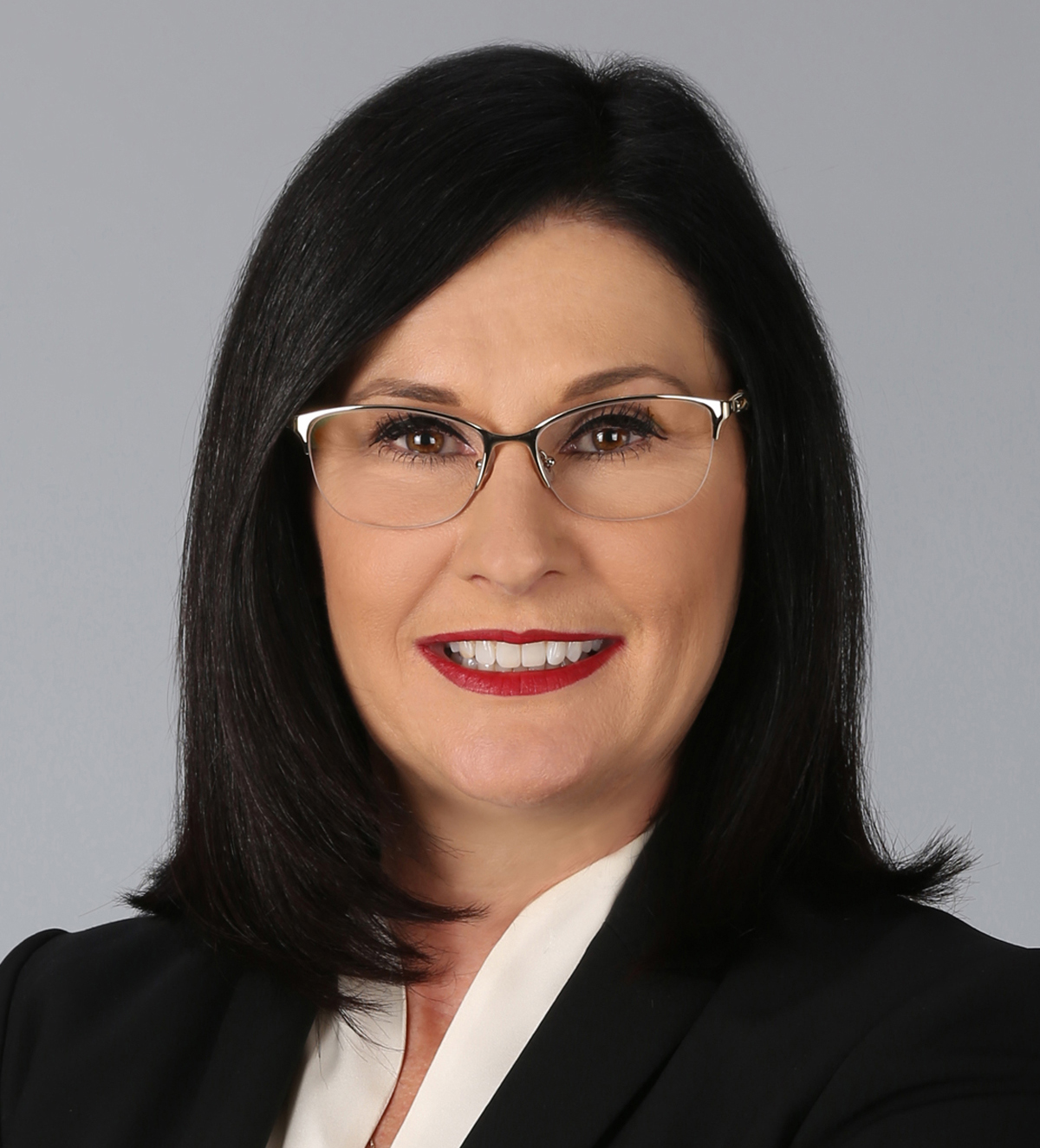The fallout from coworking trailblazer WeWork’s IPO wipeout and management kerfuffle is sending a wave of worry across the office landscape.
WeWork dropped a proverbial bomb on landlords across its 23 million- square-foot portfolio of urbane, barista-brewing, shared-office and coworking spaces with its late summer S-1 prospectus, showing that the trend-setting startup was gushing red ink. It snowballed rapidly from there, and the company has seen its once ballyhooed $47 billion market valuation crater.
This came as little surprise to many commercial real estate watchers, who marveled at the innovations but worried that WeWork’s office space revolution might be a good, old-fashioned real estate bubble in hipster digs.
The S-1 gave landlords a deep dive behind the hype, revealing the headline-grabbing, fast-expanding enterprise might be a riskier-than-realized bet.
In a world where credit tenants are king, WeWork appears to be a pauper.
The exposure is immense: WeWork has $47.2 billion in outstanding lease obligations and only $2.5 billion in cash and cash equivalents on hand, as of its filing.
The real rub: Most WeWork locations, the company concedes, are not currently making money.
“As we continue to pursue rapid growth, we continue to operate in a state where the majority of our locations are nonmature and have not reached stable cash flow,” the company says. “As of June 1, 2019, only 30% of our open locations were mature, with the remaining 70% of our open locations having been open for 24 months or less.”
As of midyear, WeWork had 528 locations globally, including nine– existing or committed in Miami-Dade County.
The filing also illuminates that the majority of WeWork leases are traditional, long-term ones, lacking termination flexibility at reduced rates. Since commercial leases are not cancellable, the company is responsible for its full rent obligation over the entirety of the lease—or will need qualified subtenants, approved by the landlord, to cover the rent.
The leaseholder structure, however, means that WeWork’s parent, The We Co., could shutter poorly performing locations with limited corporate exposure. It would forfeit significant monetary securities given to that landlord if it does.
“A majority of our leases are held by individual special-purpose entities,” the company disclosed. “As of June 30, 2019, we provided credit support in respect of leases in the form of corporate guarantees of $4.5 billion, outstanding standby letters of credit of $1.1 billion, cash security deposits to landlords in the amount of $268.3 million, and surety bonds issued of $183.9 million, although we may be obligated to make all required rental payments.”
Veteran investment sales broker Christian Lee, vice chairman of CBRE, says building owners need to carefully weigh their risks and options, and might want to hold off in the near-term taking an asset to market if WeWork is a major tenant.
“Sit tight and wait and see what happens,” he advises, adding that landlords negotiating new leases with WeWork should be mindful of potential exposure.
WeWork is the largest flexible office space operator in Miami-Dade, with 493,000 square feet of lease commitments, controlling 31 percent of the flexible and coworking office market, according to CBRE data. Regus, and its sister coworking company Spaces, comes in second and third with 327,000 square feet and 140,000 square feet, respectively.
WeWork announced its most-recent lease—and largest yet—in Miami earlier this year for a 146,000-square-foot location at the proposed 830 Brickell Plaza office tower, which is still two years from delivery. It is currently building out a new 89,307-square-foot center at Southeast Financial Center in downtown Miami.
It is not clear how—or if—the upheaval will influence existing and future leases. WeWork has also been on the hunt for downtown Fort Lauderdale and West Palm Beach locations, but no deals have been announced.
Merritt Etner, a tenant representative at JLL, says WeWork’s troubles could have a cooling effect—at least temporarily—on the broader shared office sector, which is one of the fastest-growing office-occupying segments, spanning 71 million square feet nationwide and growing at an average rate of 26 percent a year, CBRE data shows.
“I think the model works and makes money, if you look at companies like Regus,” she says, adding that she regularly gets calls from many tenants looking for the immediate, short-term flexibility of a shared office option.
IWG, the holding company of Regus and Spaces, generated operating profits of $62.8 million on $1.6 billion in revenue for the first half of 2019.↵
Freelance writer Darcie Lunsford is a former real estate editor of the South Florida Business Journal. She is the senior VP for leasing at Butters Group and is avoiding a conflict of interest in her column by not covering her own deals.










